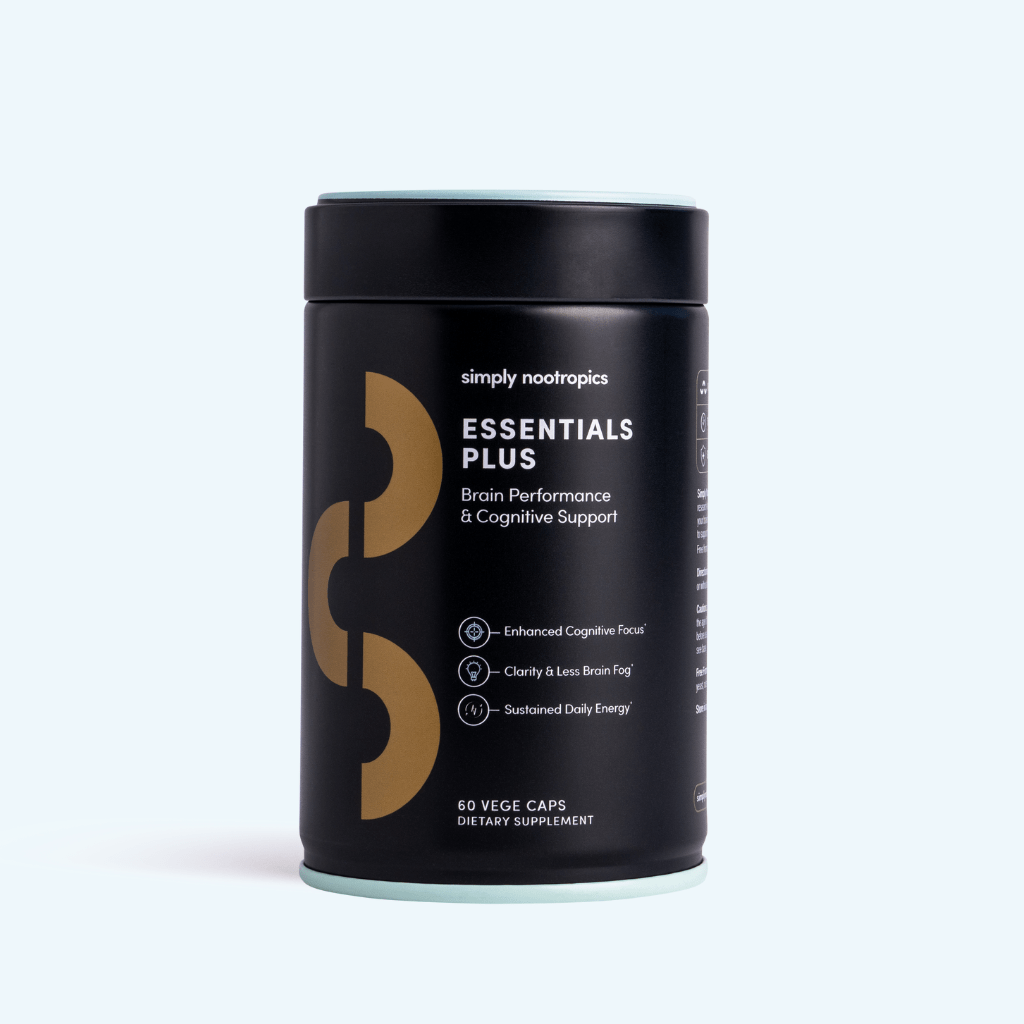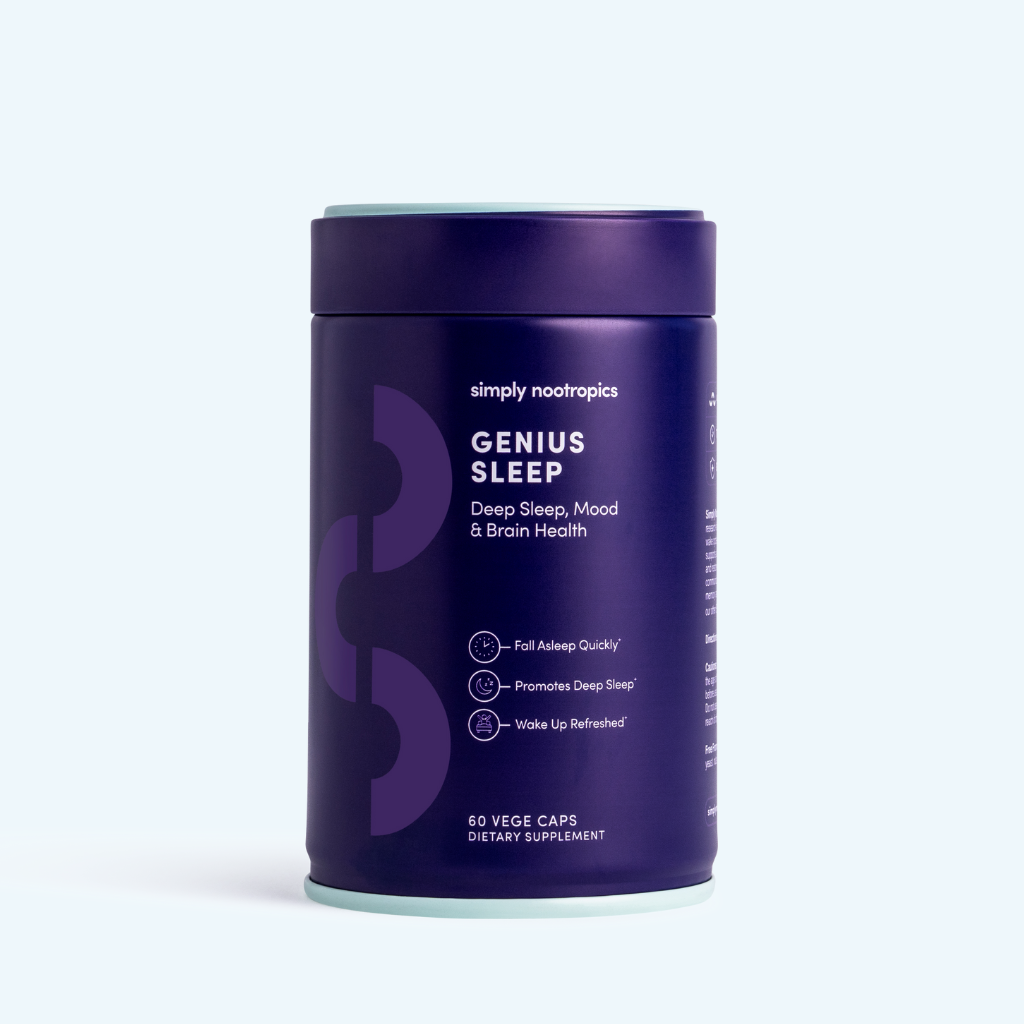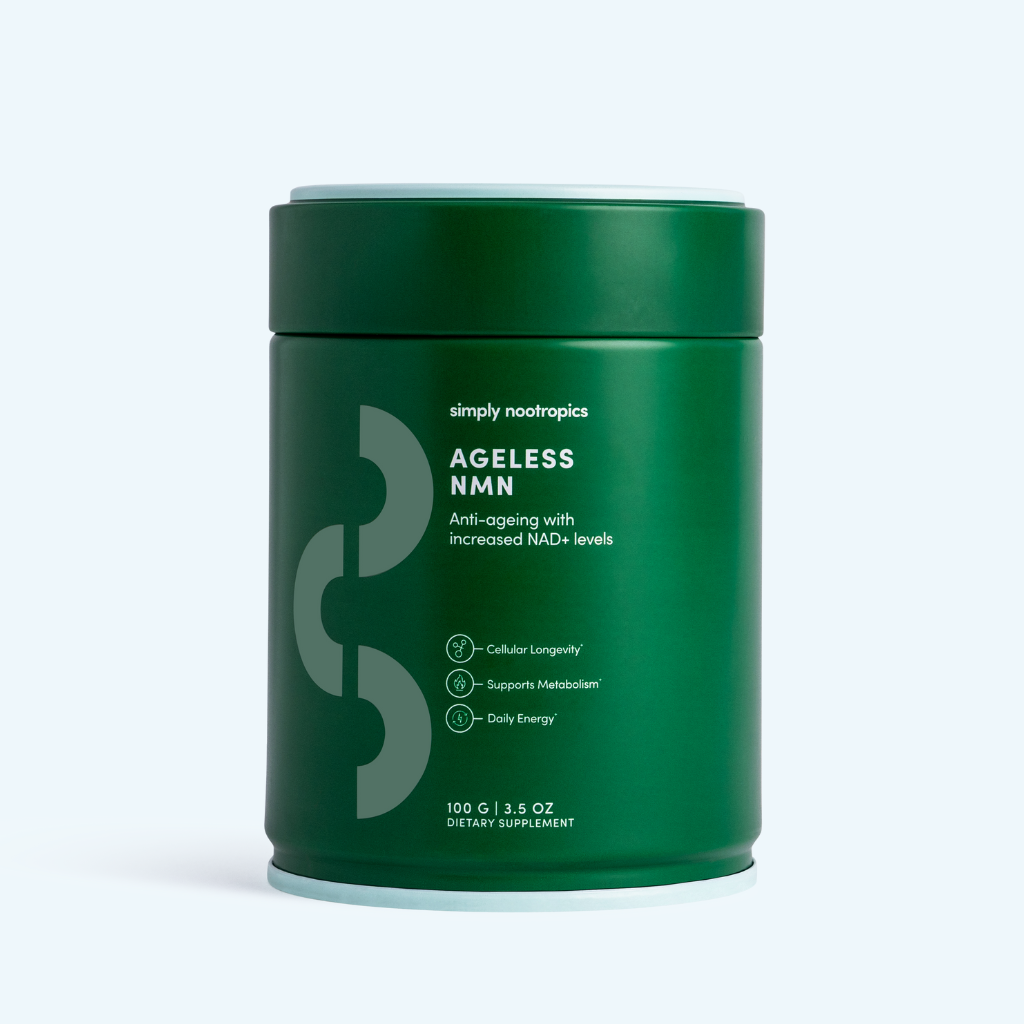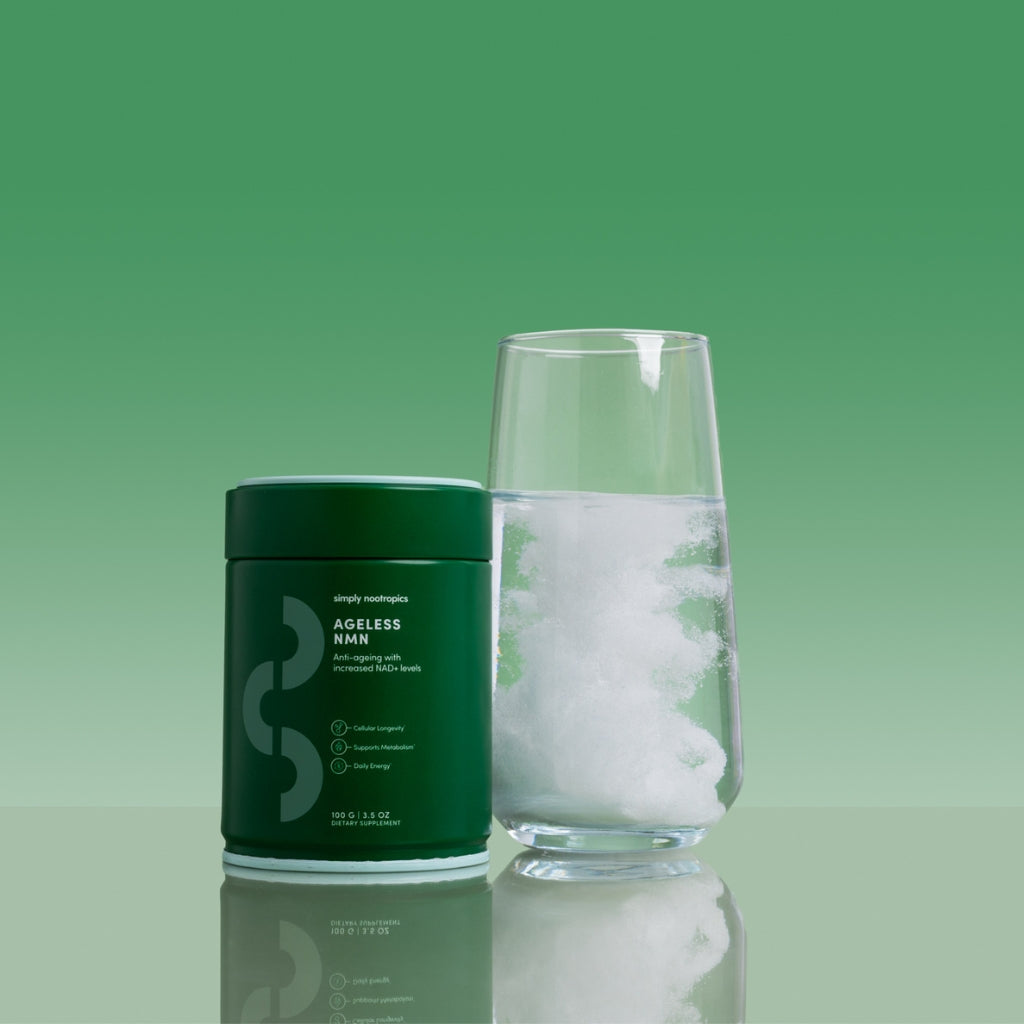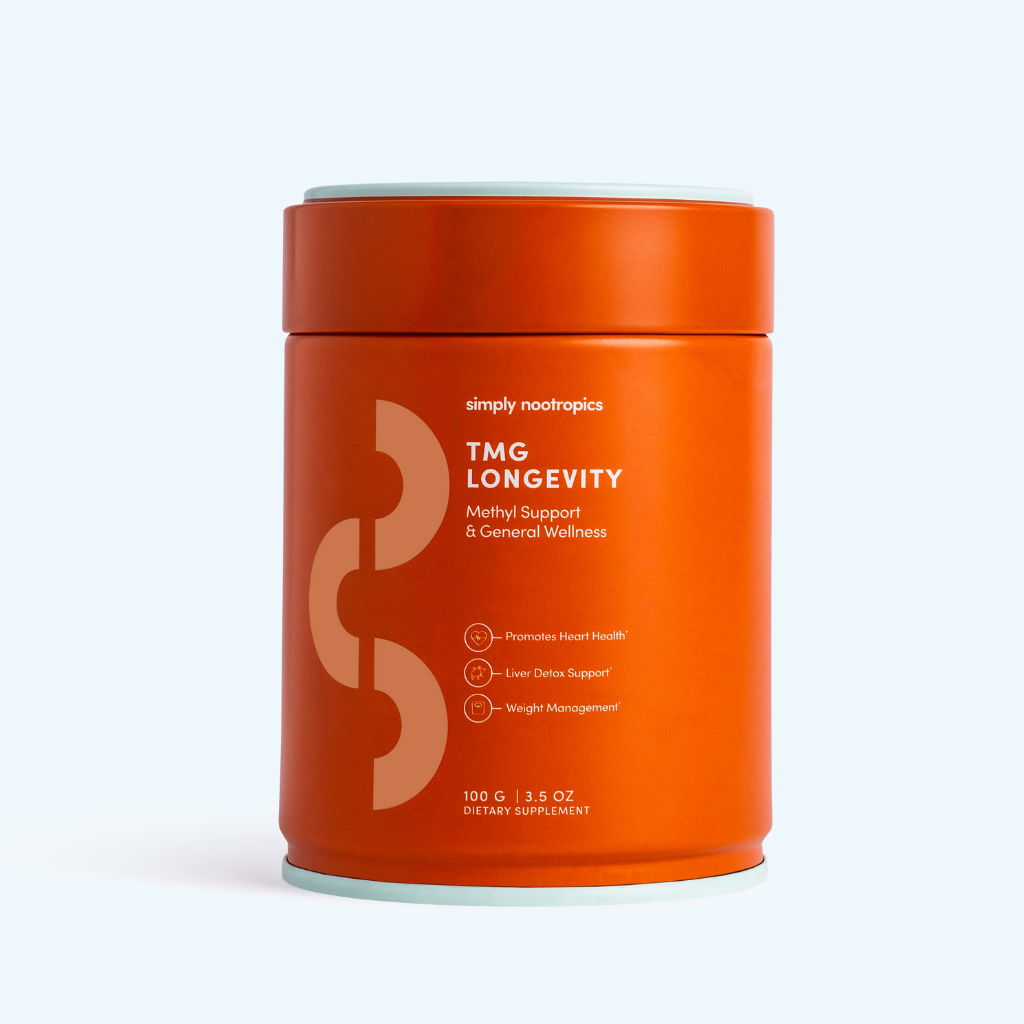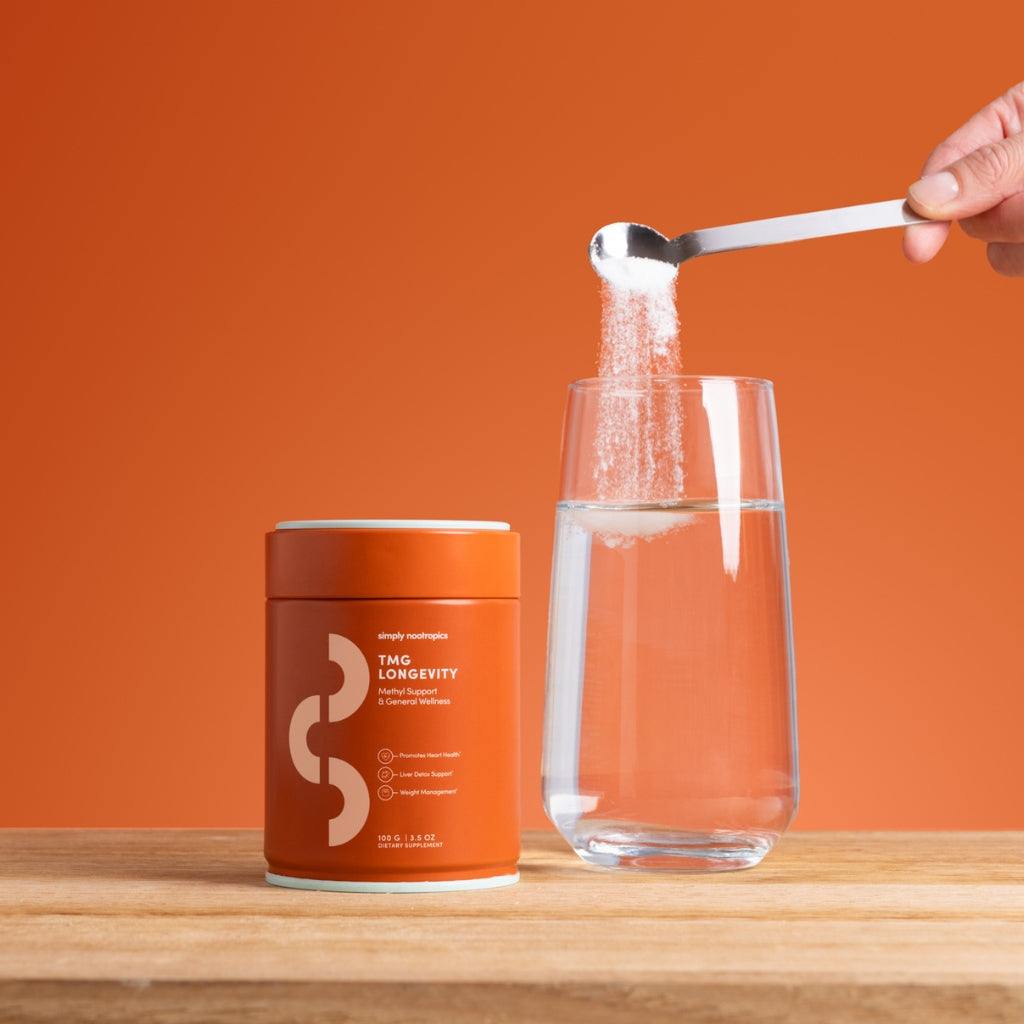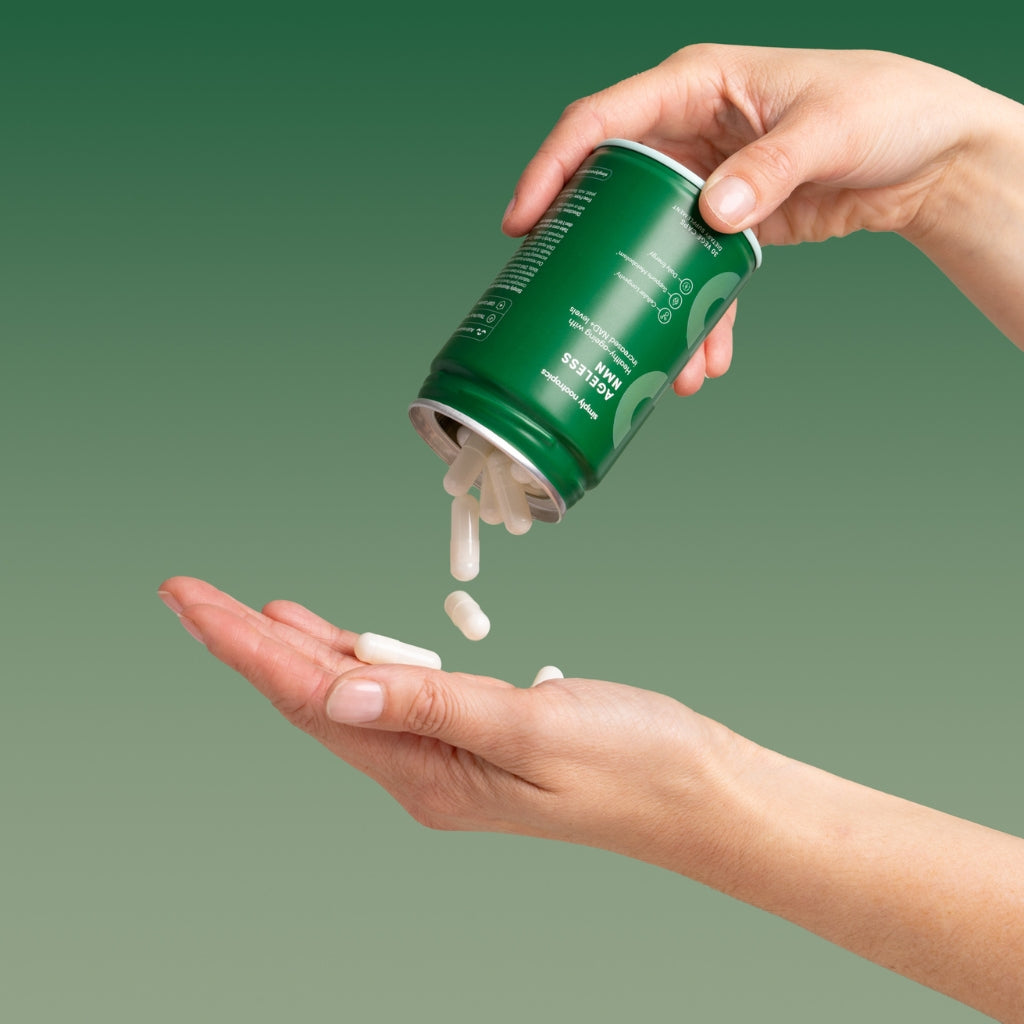Protein is often associated with building muscle, but as we age, its role becomes even more critical. It’s not only about maintaining strength; protein supports bone health, skin elasticity, and vitality in general terms. But how do protein requirements shift with age, and what are the best sources to meet these needs? From protein-rich food for elderly to the benefits of collagen, plant proteins, and animal proteins, let’s learn how to optimise your intake for longevity and well-being.
Why Protein is Essential for Aging
As the body ages, it becomes less efficient at processing protein. This means older adults need more protein to achieve the same benefits as younger individuals. Protein supports muscle maintenance, a key factor in preventing sarcopenia; the age-related loss of muscle mass. It also helps with tissue repair, immune function, and even the production of hormones.
For those in their later years, protein food for old age becomes a cornerstone of maintaining independence and vitality. Adequate protein intake can reduce the risk of falls, support recovery from illness, and enhance overall quality of life. Research consistently highlights the importance of maintaining muscle mass as a protective factor against chronic conditions and even mortality, making protein a vital nutrient for aging populations.
How Protein Needs Change Over Time
Protein requirements vary throughout life. While the general recommendation for adults is about 0.8 grams per kilogram of body weight per day, older adults often benefit from higher amounts; around 1.0 to 1.2 grams per kilogram. This increased need reflects the body’s reduced ability to synthesise protein efficiently.
Younger individuals may focus on protein for growth and performance, while older adults need it for maintenance and repair. Incorporating protein-rich food for elderly is essential to counteract muscle loss and support other bodily functions. Moreover, studies show that spreading protein intake evenly across meals can further optimise its benefits, particularly in aging adults.
Collagen: The Unsung Hero of Protein
When we think of protein, we often overlook collagen, but it plays a unique and vital role in aging. Collagen is the most abundant protein in the body, providing structure to skin, joints, and connective tissues. As we age, collagen production declines, leading to wrinkles, joint discomfort, and reduced skin elasticity.
Including collagen in your diet can counteract these effects, making it a key player in protein food for elderly. Collagen supplements, especially those labeled as top collagen or the best collagen, are easy to digest and support skin health, joint mobility, and overall vitality. Collagen is particularly beneficial for maintaining connective tissues, which can weaken over time, leading to mobility issues.
The Benefits of Plant-Based Proteins
Plant proteins are an excellent option for those looking for sustainable and versatile protein food for old age. Sources like lentils, chickpeas, quinoa, and tofu are rich in essential amino acids and fibre, making them great for digestion and heart health.
For older adults, plant proteins are often easier to digest and less inflammatory than some animal proteins. They also offer additional health benefits, such as improved gut health and reduced cholesterol levels. Incorporating a variety of plant-based options ensures a broad spectrum of nutrients while supporting muscle maintenance and overall health.
The Power of Animal Proteins
Animal proteins, such as eggs, lean meats, and dairy, are well-known for their high bioavailability, meaning they’re easily absorbed and utilised by the body. These are excellent sources of complete proteins, containing all the essential amino acids needed for muscle repair and maintenance.
For older adults who are comfortable with animal products, these sources can be particularly beneficial for preventing sarcopenia. Pairing them with collagen-rich options further enhances their effectiveness, creating a well-rounded protein food for elderly diet. Additionally, animal proteins like fish provide omega-3 fatty acids, which support heart health and reduce inflammation, key factors in aging well.
Striking the Right Balance
The key to meeting your protein needs as you age is balance. Combining plant, animal, and collagen proteins provides a diverse array of nutrients to support the body’s changing requirements. For example, starting your day with a collagen-enriched smoothie, enjoying a lentil salad for lunch, and finishing with grilled chicken and vegetables for dinner ensures a comprehensive intake.
When selecting protein sources, consider factors like digestibility, bioavailability, and your personal dietary preferences. By incorporating a mix of the best collagen, plant-based options, and animal proteins, you can create a diet tailored to your unique needs.
Tips for Increasing Protein Intake
If you’re finding it challenging to meet your protein requirements, here are some practical tips:
- Add Protein to Every Meal: Include eggs or Greek yogurt at breakfast, a protein-rich salad at lunch, and lean meats or legumes at dinner.
- Snack Smart: Opt for protein-rich snacks like nuts, seeds, or collagen bars.
- Incorporate Supplements: If needed, collagen or protein powders can help bridge the gap. Look for high-quality products like top collagen or those specifically designed for aging adults.
- Prioritise Variety: Mix up your sources to ensure you’re getting a wide range of nutrients.
Protein and Longevity
Adequate protein intake isn’t just about maintaining muscle; it’s about enhancing your overall quality of life. Studies show that older adults with higher protein intake have better physical performance, greater mobility, and even improved cognitive function. By including protein-rich food for elderly, you’re not just supporting your body but also investing in your independence and vitality.
The role of protein in aging goes beyond the physical. It’s tied to cellular repair and regeneration, processes critical for longevity. By ensuring you meet your daily protein requirements, you’re giving your body the tools it needs to thrive as you age.
Why Collagen Stands Out
Among all protein options, collagen deserves special mention for its versatility. It supports not only muscle maintenance but also joint health, skin elasticity, and even gut health. For older adults, collagen provides a unique combination of benefits that go beyond what traditional proteins offer, making it an indispensable part of a longevity-focused diet.
Collagen supplements labeled as the best collagen are particularly useful because they’re hydrolysed for better absorption. This means the body can quickly utilise them to repair tissues, reduce joint pain, and improve skin appearance.
At Simply Nootropics, we’re always exploring ways to innovate and support your journey to better health and beauty. While we can’t spill all the details just yet, let’s just say that something exciting is in the works!




